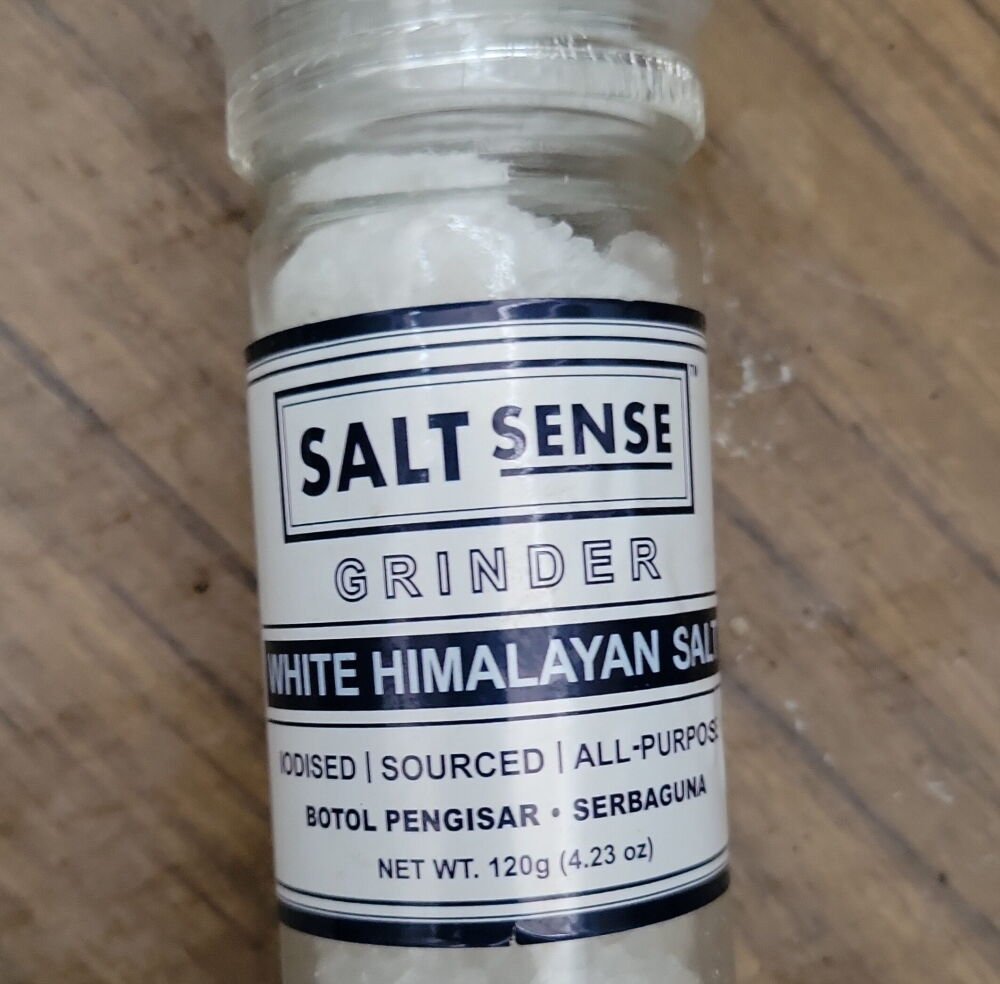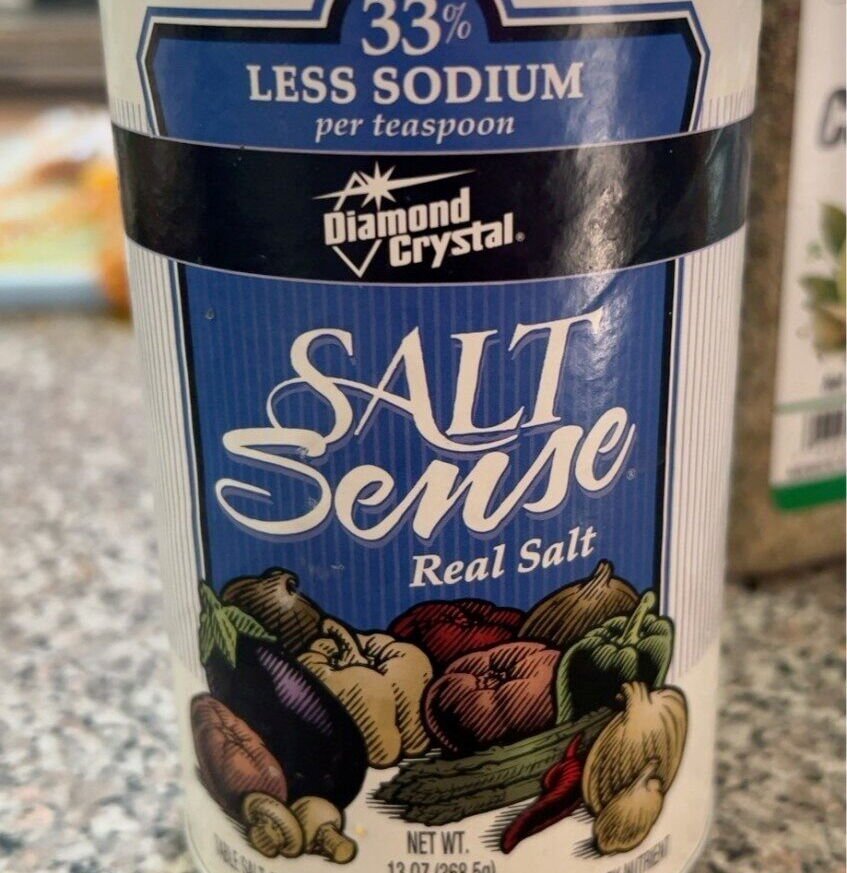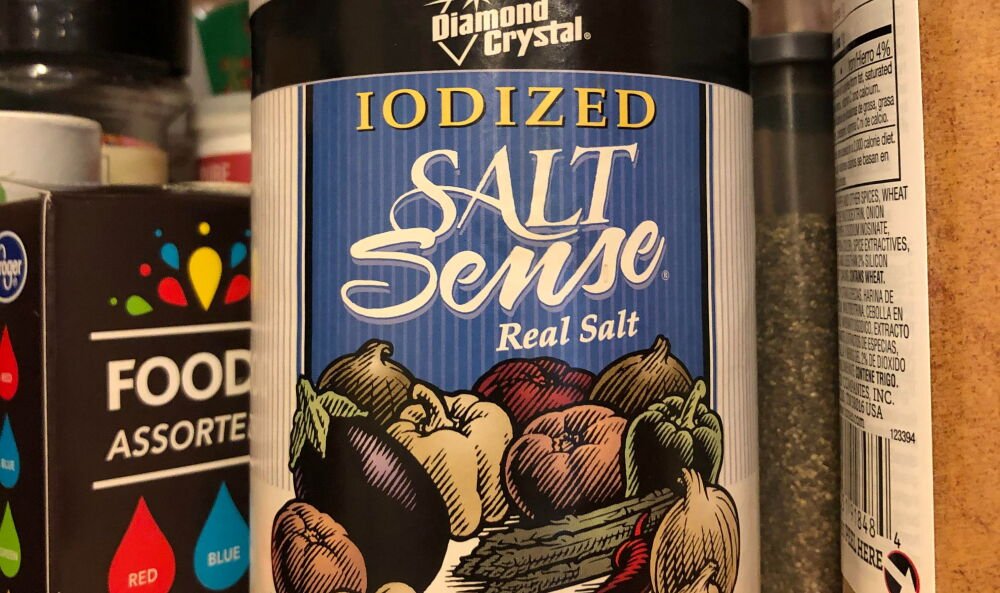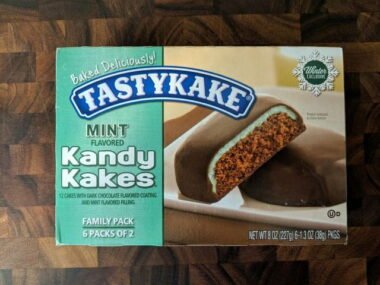Diamond Crystal’s Salt Sense, with 33% less sodium than ordinary salt, revolutionised the salt business. Its withdrawal left many consumers confused because no rationale was given. This article examines Salt Sense’s discontinuation using its history, market dynamics, and possible causes.
The Rise of Salt Sense
Launch and Market Impact
Salt Sense was the first actual salt with reduced sodium by volume, debuting in 1983. This salt substitute retained a genuine salt flavour while lowering sodium intake, unlike other salt substitutes that left a metallic aftertaste. Salt Sense swiftly gained market share with good consumer ratings of its taste and nutrition.
Nutritional Advantage
Salt Sense sold itself by providing iodide, a vital nutrient, at 33% less sodium per teaspoon than normal salt. Health-conscious consumers who wanted to cut salt without compromising flavour liked this.
Positive Consumer Feedback
With no metallic aftertaste, Salt Sense was the greatest salt alternative, according to consumers. Health-conscious consumers preferred it over table salt.

Ownership Transitions
Diamond Crystal’s Journey
Salt Sense was sold under Diamond Crystal, which changed ownership multiple times. It went from General Foods to Akzo Nobel Salt to Cargill. This change in corporate ownership may have affected its products and strategy.
Cargill’s Acquisition
Diamond Crystal extended its product line and production capacities under Cargill. This expansion brought strategic realignments that may have affected product continuation decisions. Salt Sense may have been discontinued as Cargill simplified their services to focus on market strategy.
Reasons Behind Discontinuation

Lack of Explicit Explanation
Although popular, Salt Sense was terminated without a public explanation. It simply disappeared, forcing users to sign up for notifications.
Market Dynamics
The salt market changes with health and consumer trends. In competition with other low-sodium salt products and replacements, Salt Sense may have closed. Additionally, Cargill distribution strategy modifications may have reduced its availability.
Speculation and Rumors
Many Diamond Crystal goods have been rumoured to be discontinued. Diamond Crystal’s kosher salt was speculated to be scarce on social media. Cargill addressed these rumours, but they show how uncertain product withdrawal might be.
Product and Packaging Changes
Diamond Crystal salt is still available, however some packaging and container sizes have been discontinued. These modifications may confuse consumers, especially those loyal to product formats.
FAQ
What was Salt Sense known for?
Salt Sense has 33% less sodium per teaspoon than ordinary salt without sacrificing taste.
Salt Sense’s cancellation: any official statement?
No explanation was given for Salt Sense’s cancellation.
Did ownership changes impair Salt Sense?
Diamond Crystal’s ownership by General Foods, Akzo Nobel Salt, and Cargill may have affected Salt Sense.
Diamond Crystal salt—still available?
Although rumours persist, Diamond Crystal salt, including its kosher version in various package sizes, is still available.
How did consumers feel about Salt Sense’s absence?
Consumers were disappointed and signed up for notifications to see the merchandise again.
What could have caused the stop?
Market rivalry, Cargill strategy restructuring, and distribution adjustments may have killed Salt Sense.
Has Diamond Crystal had similar discontinuance rumours?
Diamond Crystal has encountered social media rumours of product discontinuance, causing consumer concern.
Did Cargill address discontinuance rumours?
Cargill assured customers that kosher salt would remain available despite packaging changes.
Salt Sense’s nutritional benefit?
Iodide and decreased sodium were available in Salt Sense for health-conscious consumers.
How did Salt Sense differ from other salt substitutes?
Salt Sense was lauded for its natural salt flavour, avoiding the metallic aftertaste of other alternative.




